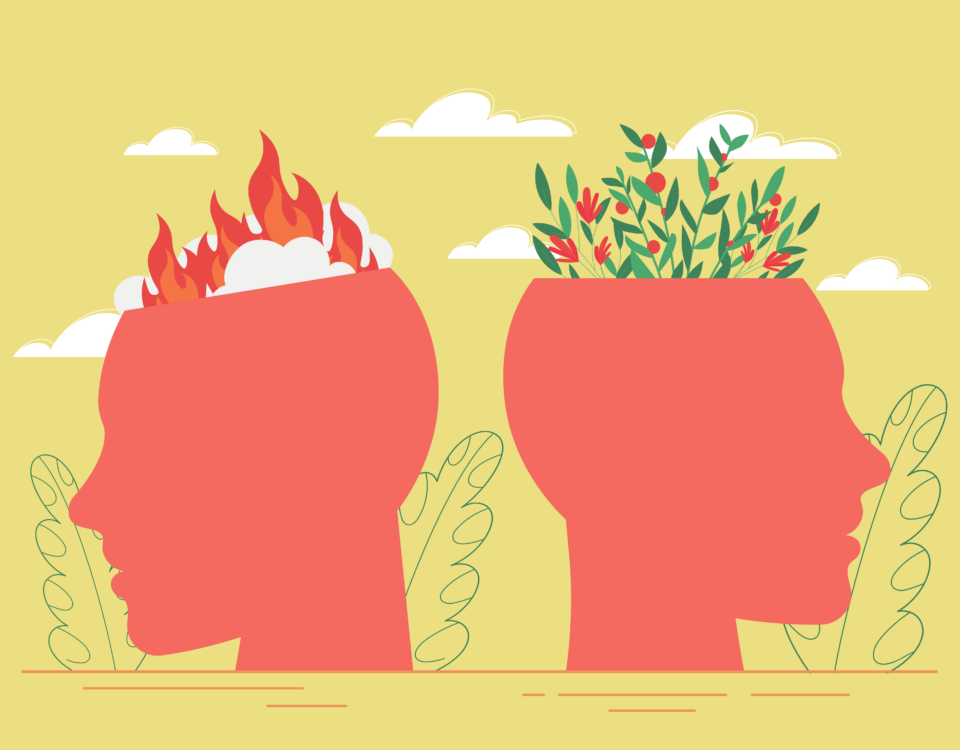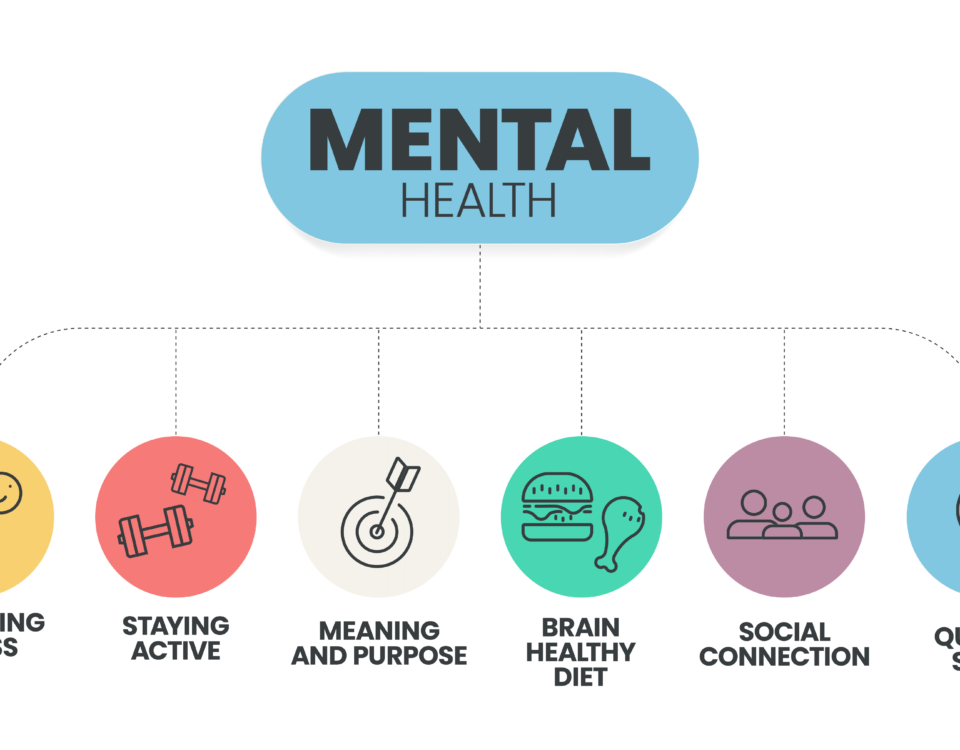Drug addiction can affect every area of your life, especially your relationships.
Substance abuse can make it difficult to maintain trust and respect between people, two factors that are necessary for a healthy relationship. A person in need of drug or alcohol addiction treatment may be consumed by their physical and mental dependency on the substance in question. This could cause them to neglect and even avoid certain people and other responsibilities in their lives, resulting in broken relationships.
Our rehab center in Massachusetts is well aware of the effects of addiction on relationships. Our doors are open to all who require help for a substance abuse disorder.
How Does Substance Abuse Affect A Person’s Relationships?
Unfortunately, addiction and relationships are intertwined. How substance abuse affects relationships results from the addict’s change in character and behavior towards their loved ones. The effects of drug abuse on the brain include changes in mood, cognitive function, and even physical changes. The longer an addiction persists, the more the person may change. This can cause a serious strain on relationships, often causing them to deteriorate. The effects of substance abuse on relationships are numerous.
Getting into treatment is easy with our free insurance verification
"*" indicates required fields
Loss of Trust
The most common way addiction affects relationships is by destroying trust between both parties. Trust is key to maintaining a healthy relationship. A big reason we can enjoy relationships with others is that we trust them to be honest and caring. In a relationship with an addict, a lack of trust is common. Because addiction is a disease that grips the mind and body, it’s normal for addicts to lie, steal, and engage in secretive behavior to get their fix. Lying and stealing from loved ones can make them feel disrespected and unloved, creating a crack in the relationship. Because many don’t understand how difficult addiction cravings are, they may believe that the addict is acting this way to be cruel and not because they can’t control their symptoms. This can make it difficult for someone to rely on or get close to the individual again. While it may be difficult, it’s not impossible.
Therapy can be beneficial to those who have loved ones with addictions. At Banyan Treatment Centers Massachusetts, we offer a family program that focuses on helping family members of those who are struggling with a substance abuse disorder. In this program, we can teach addicts how to make amends in recovery and help bridge the gap that addiction created.
Violence as a Result of Addiction
Drug addiction and mental health are also connected. The effects of addiction on relationships also include violence. Long-term substance abuse can affect the way a person thinks and destroy their mental health. This can cause them to act out in ways they normally wouldn’t. Drugs like cocaine, meth, and opioids can lead to depression, anxiety, paranoia, and irritability. If the individual is experiencing withdrawal, they may also be more violent towards others. This isn’t to say that all addicts are violent, but rather that the effects of drugs and alcohol can lead to violent behavior within relationships.
Enabling Behaviors
When you enable someone, you are either directly or indirectly encouraging them or making it simple for them to continue abusing drugs or alcohol. Many enablers don’t realize they’re behaving this way, and may actually believe that they’re helping the addict. Unfortunately, enabling is dangerous because it signals to the addict that they can get away with their drug or alcohol use without repercussions. This can lead to manipulation and distrust within a relationship. If you’re taking care of a loved one who has an addiction, it’s important to recognize these signs of enabling behavior:
- Denying the person’s addiction
- Engaging in substance abuse with the person so they don’t “feel alone”
- Avoiding problems or correcting them to prevent arguments
- Self-medicating to deal with the stress
- Completing the person’s responsibilities for them
- Making excuses for the person’s addiction
Codependency
Codependency and enabling are linked to each other. Codependency can result from enabling behavior and it can also occur when a loved one’s life revolves around the person’s addiction. While codependency doesn’t occur in every relationship involving an addict, it is a common trait. Codependency is most common in people who care for the addict and occurs when they get satisfaction from being needed. For example, a parent may give their addicted child money so they don’t experience withdrawal symptoms. While they think they’re helping, they’re actually enabling their child’s addiction. Over time, a caretaker may begin to feel in control of the person, which can be detrimental to both parties. The best thing someone can do for a loved one with an addiction is helping them find addiction recovery programs.
Affected Sexual Intimacy
The effects of drug addiction on relationships also include poor or lack of sexual intimacy. Romantic relationships often involve sexual intimacy, which can be affected by a person’s substance abuse. For one, drug and alcohol abuse can cause physical changes that can make it difficult for two people to be intimate sexually. For example, many drugs can cause erectile dysfunction, which makes it difficult or impossible for a man to get an erection. An addict may also focus so much on their addiction that they neglect their spouse. Previous issues with intimacy can also contribute to a person’s substance abuse disorder. Regardless of the cause, the lack of intimacy that can occur as a result of a partner’s substance abuse can break the relationship.
At Banyan Massachusetts, we are dedicated to helping every person we can recover from their addiction. These issues aren’t the only side effects of addiction on relationships. If you or someone you know is struggling with substance abuse, get them help before it’s too late. Call us today at 888-280-4763 to learn more about the addiction treatment services we offer.







